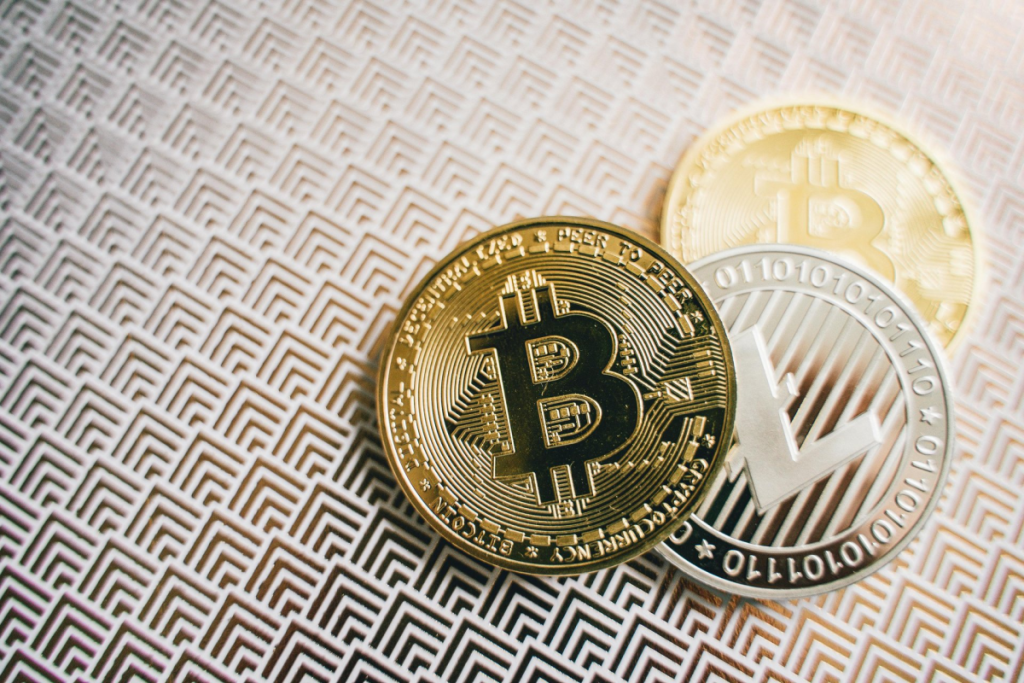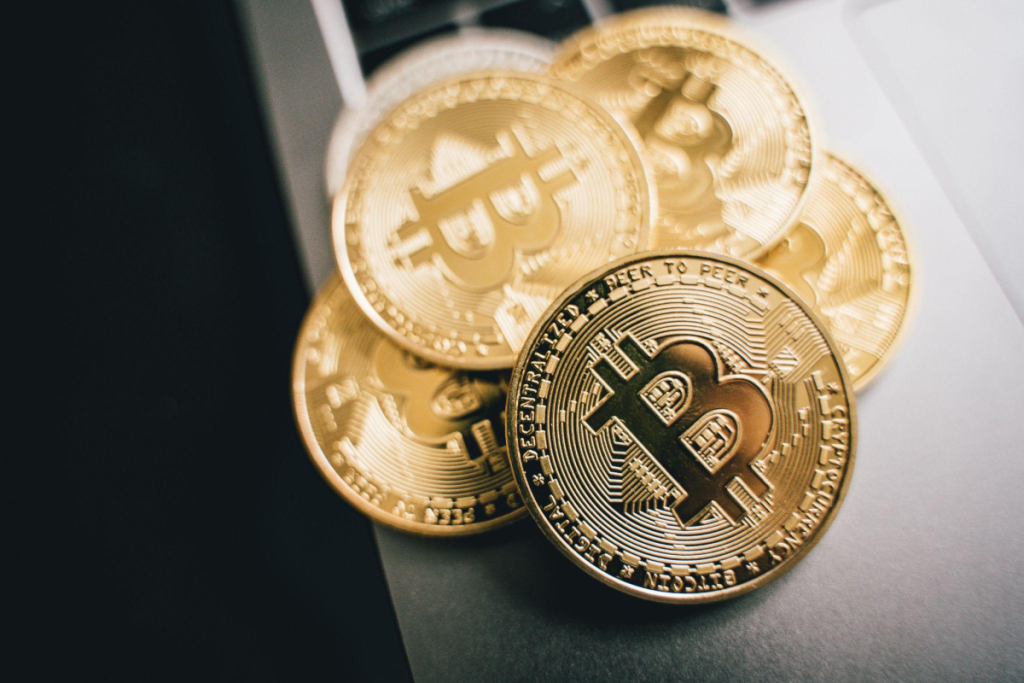Here’s what nobody tells you upfront: The hardest part isn’t understanding smart contracts or reading whitepapers. It’s managing your own emotions when your portfolio drops 40% in a week – or surges 300% in a month.
Surviving Bull Markets
Bull markets make everyone feel like a genius. Prices rise, portfolios explode, and suddenly everyone’s a cryptocurrency expert. This is when most people make their worst decisions. The euphoria of gains clouds judgment. You start believing your own hype, taking bigger risks, and assuming the good times will last forever. They never do.
Enduring Bear Markets
Bear markets separate serious investors from speculators. When prices fall 50%, 70%, or even 90% from their peaks, only those with strong conviction and proper risk management survive. The key is remembering why you invested in the first place. If your thesis hasn’t changed, temporary price movements are just noise.
Managing FOMO and FUD
Fear of Missing Out (FOMO) and Fear, Uncertainty, and Doubt (FUD) are the twin demons of crypto investing. FOMO drives you to chase price pumps. FUD convinces you to sell at the worst possible times. The antidote to both is education and planning. The more you understand what you own and why you own it, the less susceptible you become to emotional decision-making.
Why This Actually Matters (Beyond Making Money)
The smart money has been positioning themselves for years. BlackRock – managing over $10 trillion in assets – launched Bitcoin ETFs in 2024 (Securities and Exchange Commission, 2024). Fidelity built an entire digital assets division. JPMorgan, despite CEO Jamie Dimon’s public skepticism, processes billions in cryptocurrency transactions.
These institutions aren’t known for jumping on get-rich-quick schemes. They see the same fundamental shifts that early adopters recognized: a transition toward programmable money, decentralized finance, and global financial infrastructure that operates 24/7 without intermediaries.
Over 30% of Gen Z already owns cryptocurrency according to Pew Research (Pew Research Center, 2021). This isn’t fringe experimentation anymore – it’s the early stages of how money itself might work in the future.
Central Bank Digital Currencies (CBDCs) are in development across dozens of countries (Bank for International Settlements, 2023). Traditional financial institutions are integrating cryptocurrency services. The regulatory framework is slowly taking shape.
You’re not too late, but you’re also not early anymore. The opportunity now is to build understanding and position yourself thoughtfully as this technology matures.
Frequently Asked Questions
Which wallet should I start with? Start with a hardware wallet for long-term holdings and a reputable mobile wallet for smaller amounts. Don’t overthink it – security and simplicity matter more than features when you’re beginning.
How are taxes handled? In most jurisdictions, cryptocurrency is treated as property for tax purposes (Financial Crimes Enforcement Network, 2013). Every trade – including crypto-to-crypto swaps – is a taxable event. Keep detailed records from day one, because reconstructing transaction history later is a nightmare.
How often should I check prices? Price checking becomes addictive quickly. I recommend checking your portfolio weekly at most unless you’re actively trading (which beginners shouldn’t do). Constant price monitoring clouds your judgment and increases emotional decision-making.
What about DeFi and NFTs? Decentralized Finance (DeFi) and Non-Fungible Tokens (NFTs) are advanced topics. Master the basics of buying, securing, and holding cryptocurrency before exploring these more complex areas.
When should I sell? This depends entirely on your investment thesis and personal financial goals. Some investors never sell, viewing Bitcoin as a permanent store of value. Others take profits incrementally during bull markets. Define your exit strategy before you need it.
Key Takeaways
-
Start with education before investing any money – understand what you’re buying and why
-
Use secure, regulated exchanges with strong security track records – your money’s safety comes first
-
Follow a systematic strategy rather than chasing hype – emotion is the enemy of good investing
-
Prioritize security with proper wallet management – hardware wallets for long-term holdings
-
Focus on survival and long-term learning – the space moves fast, continuous education is essential
-
Never invest more than you can afford to lose – cryptocurrency remains a high-risk investment
The One Thing That Actually Matters
If I could engrave one piece of advice in every crypto newcomer’s mind, it would be this: Your first goal is survival.
Survive long enough to understand what you’re doing. Survive the hype cycles that make everyone temporarily insane. Survive your own emotional reactions when things don’t go as planned.
I’ve watched bull runs turn novices into overconfident gamblers, bear markets humble the cocky, and random events change everything overnight. The people who build lasting wealth? They’re the ones still standing when the dust settles.
What’s Next?
Start small. Learn constantly. Don’t risk money you can’t afford to lose – I know everyone says this, but I mean it literally.
This space rewards patience, punishes impatience, and respects those who do their homework. The technology is complex, the markets are volatile, and the regulatory landscape is evolving rapidly. NIST’s blockchain technology overview provides technical context for understanding the underlying infrastructure that makes cryptocurrency possible (National Institute of Standards and Technology, 2018).
But for those willing to invest the time to understand it properly, cryptocurrency represents one of the most significant financial innovations in generations. The future of money is being written right now.
You can either help write it or watch from the sidelines. Your choice.
References and Citations
Market Data and Statistics:
Chainalysis. (2023). 2023 Crypto Crime Report. https://www.chainalysis.com/reports/crypto-crime-report-2023/
Pew Research Center. (2021). 16% of Americans say they have ever invested in, traded or used cryptocurrency. https://www.pewresearch.org/fact-tank/2021/11/11/16-of-americans-say-they-have-ever-invested-in-traded-or-used-cryptocurrency/
Regulatory and Institutional Sources:
Financial Crimes Enforcement Network (FinCEN). (2013). Application of FinCEN’s Regulations to Persons Administering, Exchanging, or Using Virtual Currencies. https://www.fincen.gov/resources/statutes-regulations/guidance/application-fincens-regulations-persons-administering
Securities and Exchange Commission. (2024). Spot Bitcoin Exchange-Traded Products. https://www.sec.gov/investment/im-guidance-2024-01
Technical and Educational Resources:
Nakamoto, S. (2008). Bitcoin: A Peer-to-Peer Electronic Cash System. https://bitcoin.org/bitcoin.pdf
Ethereum Foundation. (2022). The Merge. https://ethereum.org/en/upgrades/merge/
Bank for International Settlements. (2023). Central Bank Digital Currencies: A New Tool in the Financial Inclusion Toolkit? https://www.bis.org/publ/bppdf/bispap106.pdf
Security and Best Practices:
National Institute of Standards and Technology. (2018). Blockchain Technology Overview. https://nvlpubs.nist.gov/nistpubs/ir/2018/NIST.IR.8202.pdf
Federal Bureau of Investigation. (2023). Internet Crime Report 2022. https://www.ic3.gov/Media/PDF/AnnualReport/2022_IC3Report.pdf
Disclaimer: This article is for informational purposes only and should not be considered financial advice. Always conduct your own research and consult with financial professionals before making investment decisions.
Last Updated: September 9, 2025














